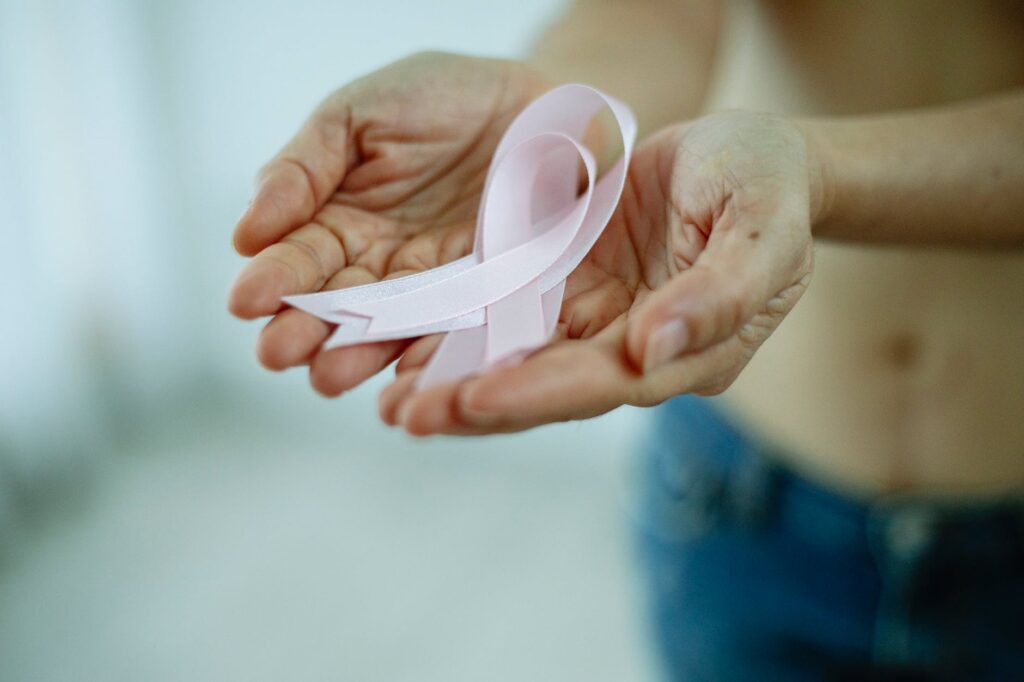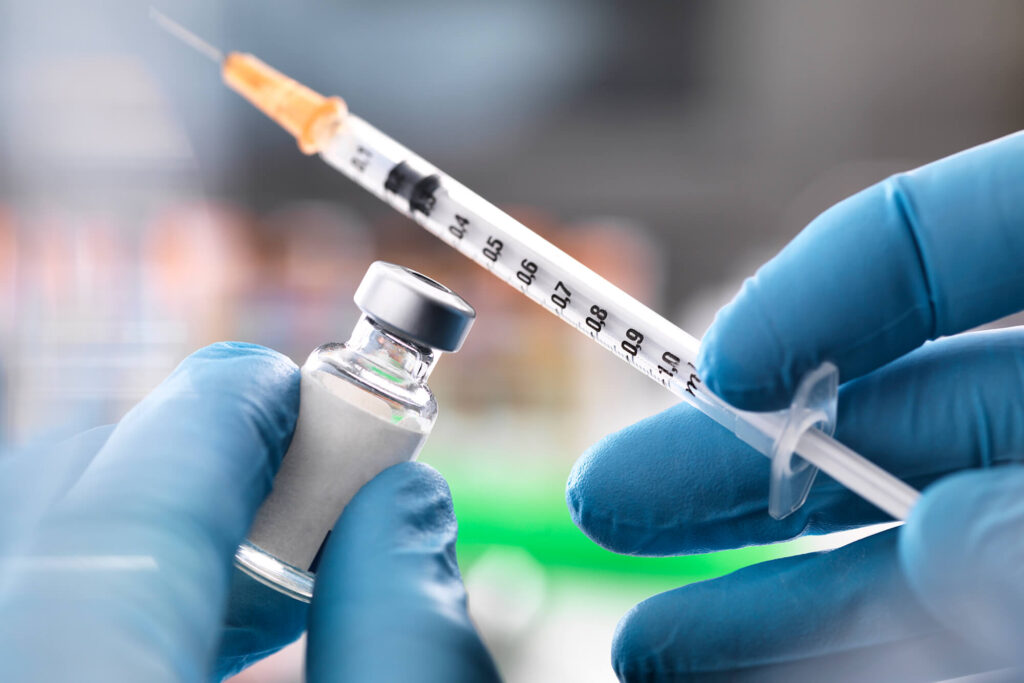Chemotherapy and radiotherapy are the most popular cancer treatments. However, did you know that other therapies are equally effective to fight malignant tumors? Two of these options are hormone therapy and immunotherapy.
These techniques are indicated in several cases and are shown to be effective, for example, for breast, prostate, and lung cancers. However, each case needs to be studied in its particularities so that the treatment is properly personalized. After all, the protocol varies depending on several factors.
For you to better understand what these two treatments are, we have prepared this article to introduce both techniques. See how they work, their indications, possible side effects, among other information. Read on to learn about these cancer-fighting alternatives!
What are hormone therapy and immunotherapy?

Each patient who develops cancer has different particularities in their case. This means that the disease is not the same for all people, so treatment is always personalized to adopt the most effective technique.
Two techniques that can be adopted are hormone therapy and immunotherapy. Both are highly effective in stopping the progression of malignant tumors, fighting them, and preventing their recurrence.
In the case of hormone therapy, this modality consists of using hormonal manipulations for patients who have developed hormone-sensitive tumors. It is also an alternative to adjuvant therapy, that is, adopted to prevent the recurrence of the tumor that has already been excised. In bywinona.com, hormone therapy, especially for women, is explained clearly.
Some breast cancers, for example, have hormone receptors. They react with this substance in the body to develop. Therefore, it is possible to administer hormonal manipulations to avoid this interaction, according to the characteristics of the tumor.
Immunotherapy also uses specific medications, however, they are not the ones that fight the tumors, however, they stimulate the body itself to do so. These drugs act on the patient’s immune system so that it is strengthened and its response increased.
Thus, in immunotherapy, the objective is to make the patient’s organism understand that the tumor is a foreign body, therefore, it needs to be fought. Medications are chosen that help the immune system to act more effectively and, in itself, reduce cancer.
How do these cancer treatments work?

As we explained, both hormone therapy and immunotherapy use medications to fight cancer. The type of medication used varies according to the patient’s need, and its form of administration is also different, depending on what is most effective in each case. Hormone therapy aims to reduce the number of hormones that stimulate the proliferation of cancer cells or block their action on them. Oral administration of the drug is more frequent, however, it can also be done intramuscularly or subcutaneously.
Immunotherapy, on the other hand, makes the body see the tumor as a foreign body again. After all, cancer manages to disguise itself to prevent the body from fighting it. Medications stimulate the performance of lymphocytes through substances produced by the body itself or synthetically and applied intravenously or subcutaneously.
It is worth noting that the frequency of medication use, as well as the duration of treatments, also varies according to each case. This is because the procedure is adopted according to the characteristics of the disease, its stage, and the patient’s needs.
When are hormone therapy and immunotherapy indicated?

Hormone therapy is indicated to contain the progression of the disease and promote the reduction of hormone-sensitive tumors. It is an option in many cases of breast cancer and is also an alternative for prostate cancer. Other types of diseases fought through this technique are uterine and ovarian cancers, for example.
Immunotherapy is also indicated for various types of cancer, such as melanoma (skin), lung, and kidney. Even more advanced cases can benefit from this technique.
It is worth remembering, however, that, for both hormone therapy and immunotherapy, not all patients are candidates to receive this type of treatment. Taking breast cancer as an example, not all tumors react to hormones and, therefore, it is necessary to make a careful evaluation of each patient, considering several factors, such as characteristics of the tumor, stage of the disease, age, possible risks, and side effects.
These and other issues influence how treatment will be planned. Hence the importance of receiving the support of an experienced team so that the approach adopted is the one that proves to be most effective for the needs of each person.
What care is needed during these treatments?

As in the treatment of any other disease, patients undergoing hormone therapy and immunotherapy need to adopt healthier habits. This measure is essential to ensure the strengthening of the body to fight cancer and minimize possible side effects, increasing the quality of life.
The ideal is to maintain a more nutritious menu, ensure good hydration of the body and, in the case of immunotherapy, avoid exposure to the sun, since it has, as one of its possible side effects, the formation of skin lesions.
It is also essential to strictly comply with the treatment, after all, it is necessary to guarantee the exact amount of the drug substance in the body so that it has the desired effect. Those who undergo hormone therapy need to pay attention, including the time of administration of the drug. Irregular use changes the concentration of the substance and, consequently, its action, which can lead to a loss of its effect or an increase in reactions.
It is very important to clarify all doubts with the doctor so that you can proceed correctly during the treatment. The ideal is to have a frank conversation with him, be attentive to all instructions and always follow what has been recommended.
Are there side effects of hormone therapy and immunotherapy?

No cancer treatment modality is completely free of risk and side effects. Thus, hormone therapy and immunotherapy can trigger adverse reactions in the patient. Some that can manifest in immunotherapy are:
- skin dryness;
- itch;
- weakness or fatigue;
- diarrhea;
- endocrinological changes;
- appetite change.
It is worth remembering that there are different types of immunotherapy, therefore, the side effects may vary depending on the technique adopted. In the case of hormone therapy, they are also different, depending on the type of hormone that is used. Did you find this post useful? We hope so! Thank you for reading this article and have a nice day!















